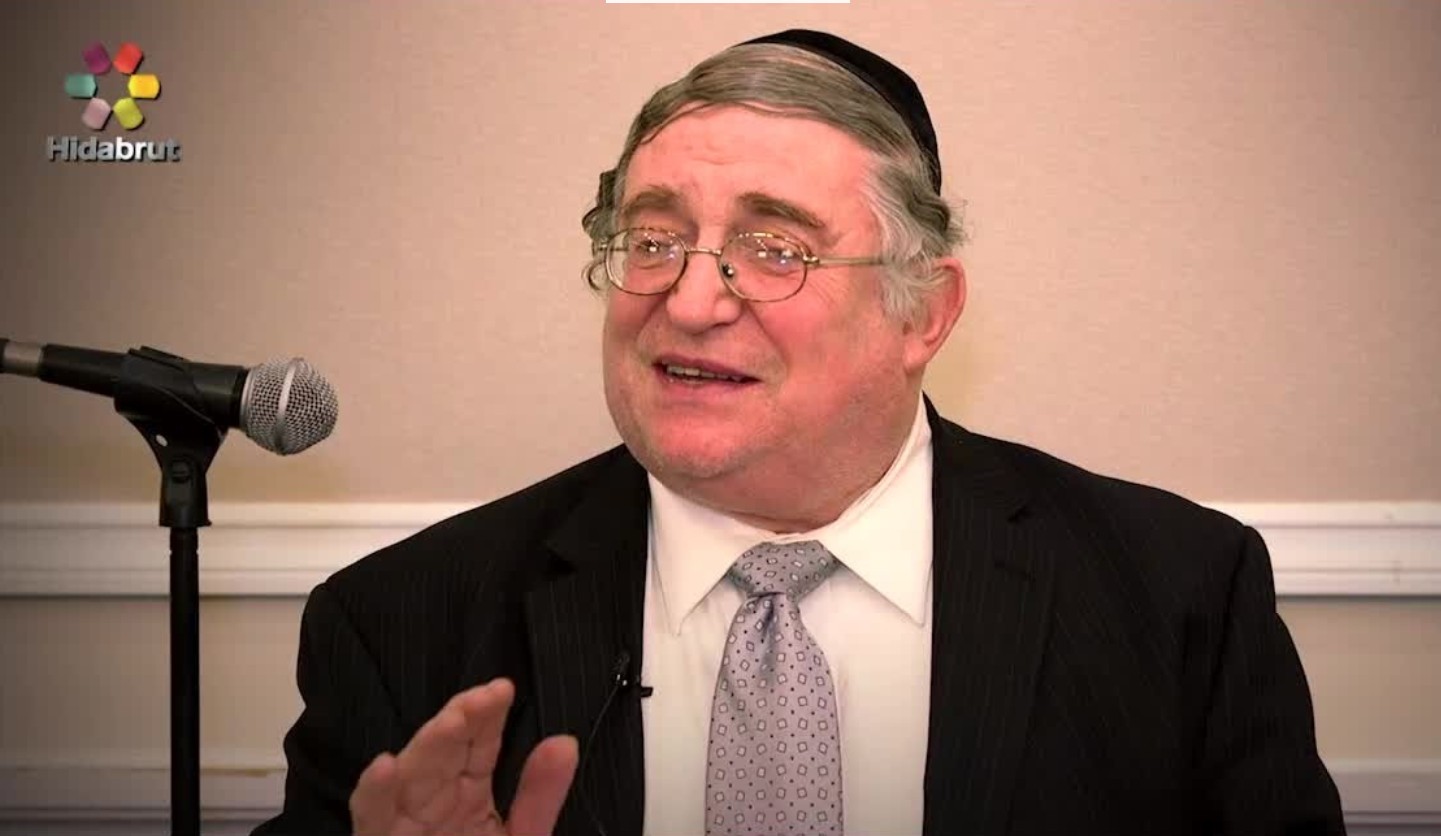“Korach, son of Yitzhar son of Levi separated himself, with Dassan and Aviram, sons of Eliav, and On son of Peles, the offspring of Reuven.”[1]
The first verse in the Parsha outlines the leaders of the infamous rebellion against Moshe Rabbeinu. As the story continues, we see how these leaders met an untimely death as a result of their sins. However, On ben Peles is notable in that he is never heard from again in the Torah. There is no account of whether he persisted in the rebellion and no evidence that he was punished.
Chazal fill in the gaps: On was indeed one of the instigators of the plot. However, he was saved by the advice of his wife. She realized that he was only a pawn in Korach’s plot and that he had no chance of actually increasing his own power. She told him that as things are, Moshe is the leader, and if the rebellion would succeed, then Korach would become the leader. Either way, there was no hope that On himself would gain. Accordingly, why get involved in such a dangerous adventure. He heard her advice but was bound by an oath that he would join the rebels. In response, she made him drunk so that he fell asleep, and when Korach’s men came to get him, she appeared at the door with her hair uncovered so they ran away. In his way, On escaped from this Machlokes and was saved from eternal suffering.[2] Yet, it is important to note, that there is no evidence that On genuinely realized the severity of his sin, or that he asked Moshe Rabbeinu for forgiveness for his role in this heinous sin. Thus, whilst he was saved from eternal infamy, he gains no credit, and instead sinks into anonymity.
The Ben Yehoyada makes this point with a wonderful explanation of a difficult drasha that this Gemara makes with regard to On. It derives lessons about On by comparing his name to similar sounding words. The word On relates to Aninus, because “On sat in aninus.” Aninus is the state a person is in when a close relative passes away, before the person is buried. After the burial, the relative takes on the halachic status of an Aveil – a regular mourner. An Onen is subject to different halachas from an Aveil and in some ways it is a more lenient state. The question arises, what is the nature of the comparison between On and Aninus? The simple explanation is that he mourned because he realized how foolish he had been to join with Korach.[3] However, this does not explain the connection to Aninus more than Aveilus. The Ben Yehoyada explains that Aninus is a middle state of affaris – it is not as bad as Aveilus in that it is not a full-fledged state of mourning. However, it is also far worse than a regular state of being, as an Onen is not allowed to do any Mitzvos. Similarly, On was in a middle state – he was not in as bad a situation as Korach and his cohorts because he pulled out of their rebellion. Yet, he did not free himself fully because he did not go to Moshe and ask forgiveness. Thus, whilst he succeeded in dissociating himself from Korach, he failed to fully rectify the situation.
A lesson that can be learnt from the Ben Yehoyada’s explanation is that even if a person avoids doing evil, he must also strive to take the rare opportunities to greatness. Had On seized this opportunity and more actively repented, he would surely have been cast in a far more favorable light by Chazal and perhaps even in the Torah itself. However, instead he fell into anonymity.
A similar example of this phenomenon is found in the book of Ruth. A person known as Ploni had the opportunity to marry Ruth in his role as a relative to her dead husband. However, he refused to marry her because he had the incorrect fear that it was forbidden to marry a female Moavite convert, when in truth, the prohibition only applied to a Moavite male.[4] As a result, he lost the chance to marry a great tzadekes and perhaps be a part of the Messianic line. It is clear from Chazal that Ploni is not his real name. Indeed, the name ‘Ploni’ has become the archetype of the anonymous person – the Jewish equivalent of ‘John Doe’. The Targum translates the word ‘Ploni’ to mean that he was a man who was private in his ways. The Mishbetsos Zahav explains that he was a selfish person who had no interest in being a leader. Because of his selfish concerns he too missed a golden opportunity at seizing greatness. Instead he has become the paradigm of anonymity.[5]
We have seen two examples of people who did not do evil, but failed to seize their chance for greatness. If we return to Chazal’s account of the story of Korach we can find people who succeeded in this area: The Bnei Korach – Korach’s sons. Chazal tell us that they too were on the side of their father, yet they had genuine thoughts of repentance to the extent that they decided that they had to honor Moshe Rabbeinu when he was in their presence. Their reward: They were saved from falling to the pits of Gehinnon, and instead were made a high place at the top of Gehinnom. However, they did not fall into anonymity, rather they wrote the beautiful Tehillim that became part of David HaMelech’s Tehillim. Moreover, they merited to have righteous descendants, including the great Navi, Shmuel. They went far further than On – in honoring Moshe, they acted in such a way that surely offended their father. Moreover, unlike On, their repentance was not based on purely pragmatic reasoning, rather a genuine recognition of the error of their ways.
These examples teach us of the vital importance of seizing the rare opportunities that occasionally arise in our lives to achieve greatness. On avoided infamy and achieved anonymity in the Torah, but that is insufficient – a Jew must strive for greatness and not suffice with anonymity.
Notes and Sources
[1] 16:1
[2] Sanhderin, 109b-110a.
[3] See Rashi, Sanhedrin, 109b.
[4] Ruth, Chapter 4.
[5] Mishbetsos Zahav, Ruth, p.110.





